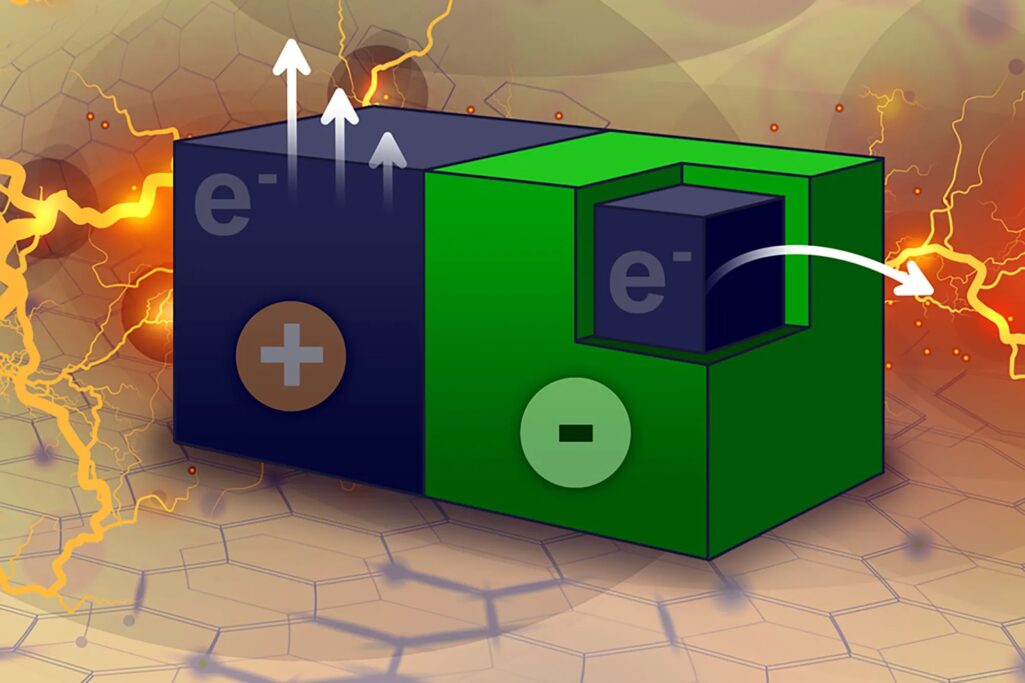
Filtration devices come to mind when considering measures to battle water pollution. However, a surprise enemy is becoming a helpful ally: microorganisms that consume pollutants.
Oh, and they also generate power.
A group of microbiologists from Washington State University made the discovery of the bacterium in August 2018. The 7-mile (11.2-kilometer) journey across Yellowstone National Park’s Heart Lake Geyser Basin was led by Abdelrahman Mohamed. There are hot springs in this area with water temperatures ranging from 43.4 to over 93.3 degrees Celsius, containing the rare bacterium.
A New Friend Discovered

It took a lot of work to gather all of these microbes. In order to regulate the electrodes submerged in the pools, Mohamed developed an inexpensive, portable, and extremely heat-resistant potentiostat (electronic hardware required to control a three-electrode cell and run most electroanalytical experiments).
The electrodes were kept in the water for 32 days by the researchers. In the end, the experiment was a success in that it was able to capture bacteria in their natural habitat.
They “breathe” electricity by employing extending wire-like hairs to transfer electrons to outer metals or minerals. The bacteria were pulled to the electrodes’ solid carbon surfaces because of this. This electricity might be used to power low-power devices as the bacteria exchange electrons. Theoretically, bacteria can continue to create energy indefinitely as long as they have access to food.
Pollution Eater

Animals and people alike are suffering because of water pollution.
The trash from land-based sources accounts for 80% of all ocean pollution. Environmentalists say these contaminants have affected 86% of all sea turtle species, 44% of seabird species, and 43% of all marine animal species.
This newly discovered bacteria may hold the key to solving some of the world’s most serious environmental problems, such as pollution and renewable energy. Toxic chemicals might be transformed into less dangerous ones by these bacteria, which would “eat” pollution. In addition, they may be able to create power!
What do you think of this discovery? Would it be true that someday we will be producing energy and reducing pollution with the help of small microorganisms?!




